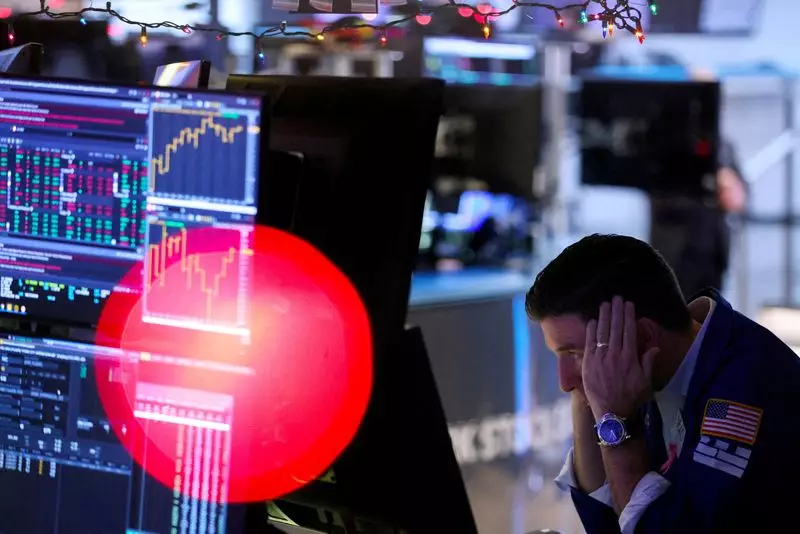In today’s unpredictable global landscape, the occurrence of conflicts—such as the recent hostilities between Israel and Hezbollah—creates apprehension among investors. A notable insight from UBS analysts emphasizes the importance of a diversified investment strategy to mitigate risks associated with geopolitical tensions while capitalizing on favorable macroeconomic conditions.
As markets react to geopolitical events, concentrated investments can amplify risks. UBS argues that a diversified portfolio can significantly lessen exposure to individual risks that arise from conflicts like those in the Middle East. Analysts advocate for a balanced asset allocation approach, suggesting investors maintain their positions to harness potential growth stemming from an overall robust economic backdrop. This method not only secures against potential downturns but also allows for upside potential as economic conditions fluctuate.
While the recent conflict has raised alarms regarding regional stability, particularly concerning energy supplies, the immediate global financial repercussions have been somewhat mitigated. However, should the situation escalate—especially with the potential for Iranian and U.S. involvement—investors could witness major disruptions in the energy market, significantly affecting oil prices.
Energy Markets and Investment Opportunities
The threat to critical oil supply routes, particularly through key passages like the Strait of Hormuz, remains a looming concern. UBS highlights the hedging potential of oil-related assets amid these circumstances. Oil prices have thus far shown resilience, yet any disruption could trigger a significant spike, particularly if Brent crude prices were to soar above USD 100 per barrel for an extended period. Such volatility underscores the critical need for investors to assess their exposure to energy-related assets and consider strategic maneuvers to safeguard against possible future price surges.
In the context of heightened geopolitical friction, gold emerges as a strong contender for portfolio stabilization. The precious metal has seen a remarkable rise of nearly 30% this year, attributed to various factors ranging from expected U.S. Federal Reserve rate cuts to seasonal increases in jewelry demand and persistent central bank acquisitions. Analysts recommend integrating gold into investment strategies, recognizing it as a traditional safe haven that provides a counterbalance during periods of economic uncertainty.
The Israeli shekel’s recent depreciation highlights the fragility of markets in conflict zones, potentially straining the fiscal outlook of affected nations. Despite these localized concerns, UBS stresses that market participants should maintain focus on broader economic drivers. A judiciously diversified investment strategy that incorporates solid credit assets, oil-related securities, and precious metals can provide stability and resilience against the backdrop of geopolitical upheaval. As investors navigate this complex landscape, a proactive approach to asset allocation may yield favorable outcomes amidst both volatility and opportunity.

